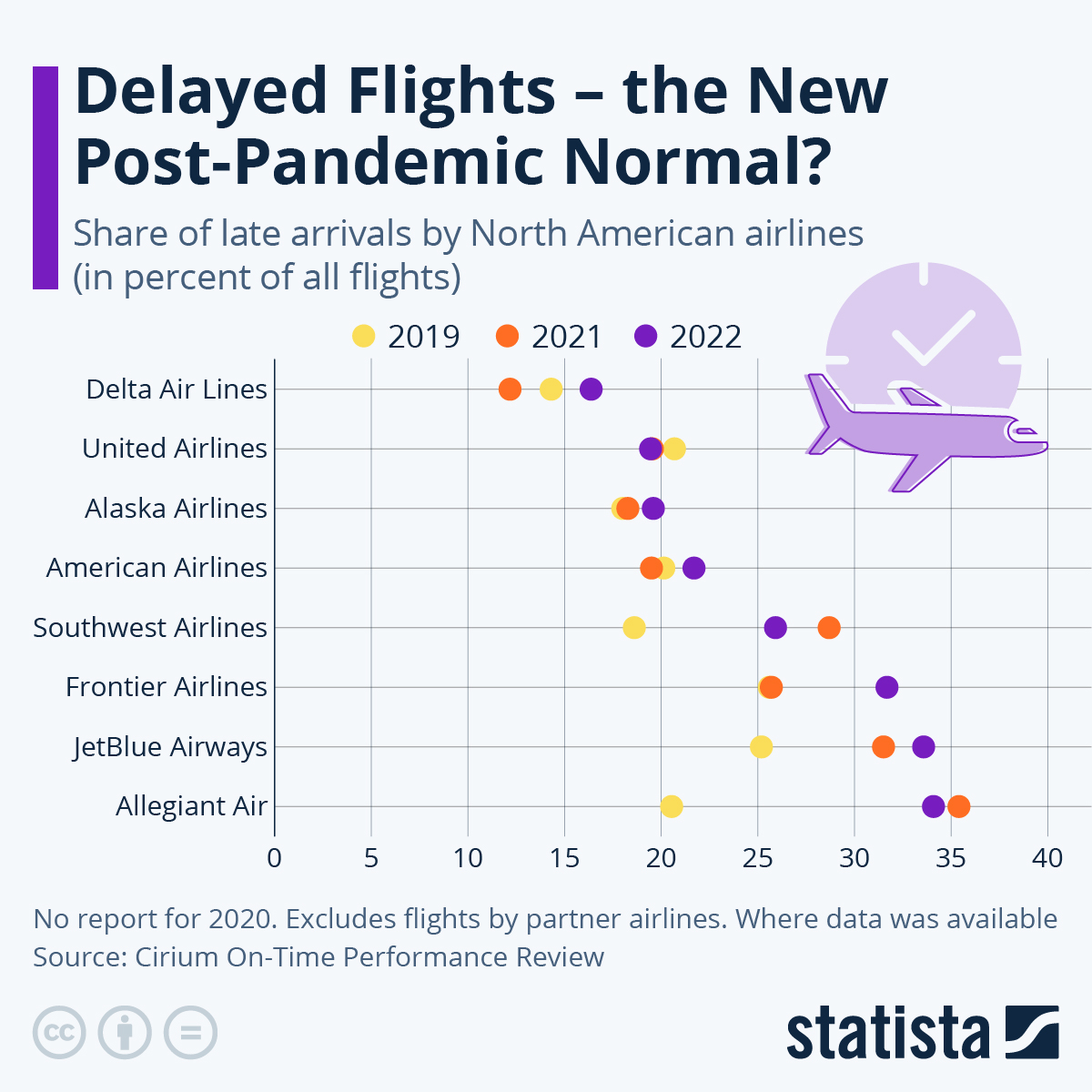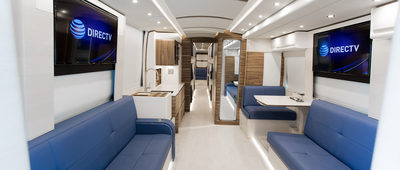Following a hectic year of air travel, the Biden administration announced new regulations on Monday that would force airlines to pay passengers in cash for carrier-caused delays and cancellations — on top of covering hotels, meals, and ground transportation.
A common question consumers are asking is: Don’t airlines already do this? We’ll explain why the proposed rule is different, what it means for frequent flyers, and when it will go into effect.
How Is This Different From What Airlines Already Do?
Provided the airline is at fault, the U.S. Department of Transportation’s (DOT) new rule would legally require cash compensation when passengers have to wait three or more hours from scheduled departure times. The Transportation Department hasn’t yet come up with a figure, though last year it asked carriers if they’d pay $100.
This would be a departure from the status quo for two reasons: 1) it would be a legal requirement and 2) no major U.S. airlines currently provide cash pay for slowdowns. But Biden’s rule goes beyond cash compensation.
What Are the Details?
The regulation would require airlines to compensate passengers and cover their expenses when the carrier is at fault for a “controllable airline cancellation or significant delay.”
Compensation would include:
Rebookings
Cash
A meal or meal voucher
Overnight accommodations
Ground transportation to and from the hotel
Timely customer service
Today, many major U.S. airlines already provide free rebookings, meal vouchers, hotel accommodations, and ground transportation. You can see a full list of carrier commitments on the newly expanded Airline Customer Service Dashboard.
Gallery: Your Flight Is Canceled or Delayed: What Can You Do?
When Will the Rule Go Into Effect?
Frequent flyers shouldn’t get too excited about these regulations — at least not yet. Before the rule becomes official, the Transportation Department has to release an official document explaining the regulations, followed by a public comment period that could take months. In the meantime, the rule could face resistance from airlines and other agencies could get involved. In short, it could take years for the regulations to come into effect … if at all. A similar July 2021 rule that would refund customers for delayed bags and faulty onboard services like Wi-Fi still isn’t finalized.
What Are Airlines Saying?
Two trade associations pushed back against the Transportation Department’s announcement.
Airlines for America, which represents major carriers in the U.S., said that carriers “have no incentive to delay or cancel a flight,” noting that most flight cancellations last year were caused by “extreme weather.”
Willie Walsh, the International Air Transport Association's director general, echoed that sentiment.
“Airlines already have financial incentives to get their passengers to their destination as planned,” Walsh said, adding that the regulation could “have an impact on ticket prices.”
Some airlines have “privately questioned” the Transportation Departments’ legal authority to require cash compensation, Reuters reports.
Suffice to say that airlines won’t be happy if Biden’s rule goes into place.
 You will find more infographics at Statista
You will find more infographics at StatistaWhat Are Consumers Saying?
Reactions on social media have mostly been positive, though some consumers are concerned that airlines will pass on the additional costs to consumers.
Others pointed out that the European Union already has a similar rule in place, with passengers affected by cancellations and delays earning up to 600 euros (around $655).
The Bottom Line
While the Transportation Department’s announcement is a step in the right direction, consumers will have to wait months, even years, before the rule is approved. That said, we have seen progress. Following a Transportation Department statement urging airlines to improve their customer service last year, 10 of the largest U.S. carriers voluntarily agreed to provide free meals when they are at fault for delays and cancellations.
For more travel tips and news, please sign up for our free newsletters.

 Photo credit: Department of Transportation
Photo credit: Department of Transportation






